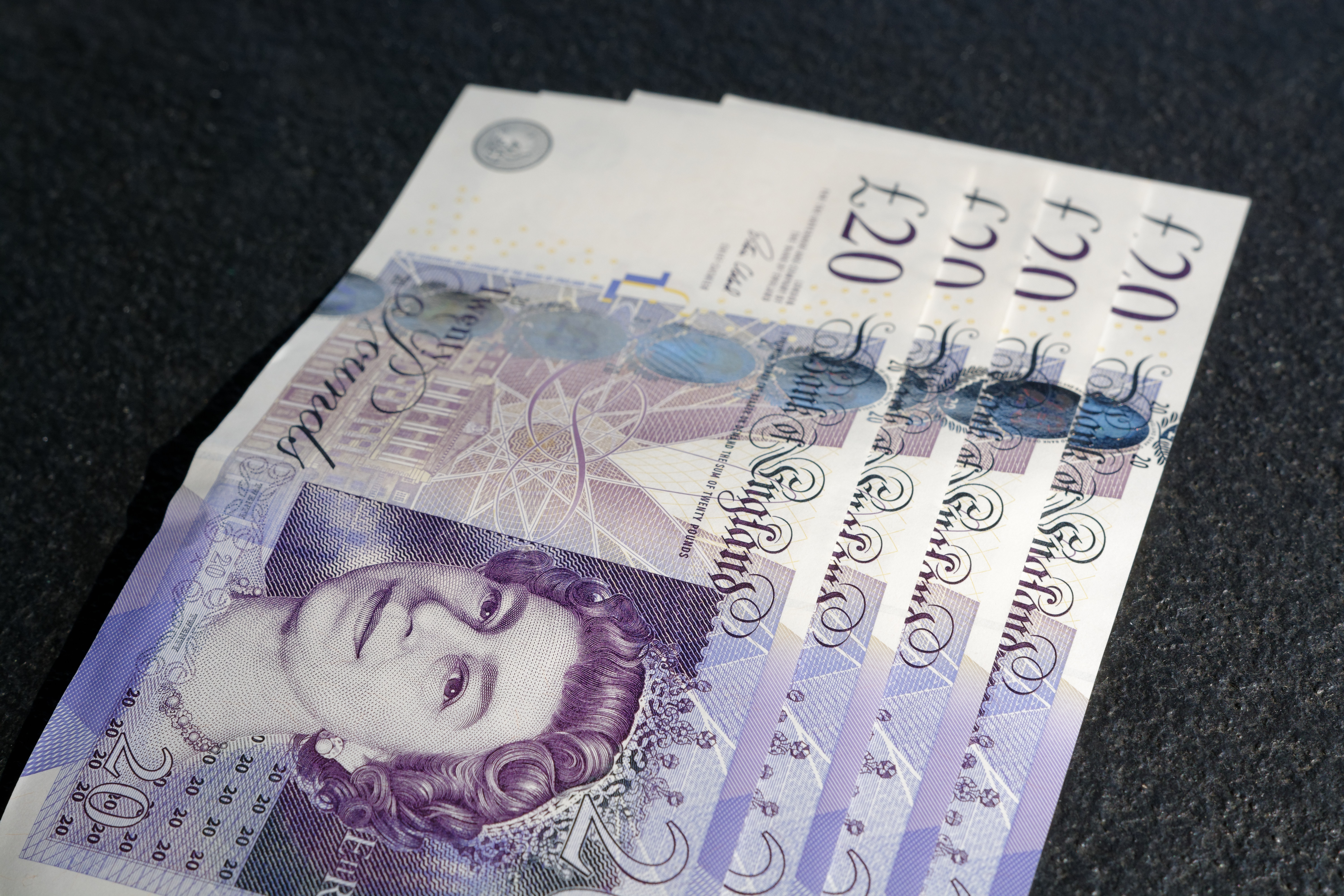
by George Turner | Jan 28, 2020
The Sunday Times published their second annual tax list over the weekend. The list, which uses publicly available data to showcase the “individuals and families who contribute most to the public purse” is pitched as a celebration of the contribution that the wealthy...

by Alex Dunnagan | Jan 19, 2020
Rockstar North, the Edinburgh based company behind the wildly successful Grand Theft Auto series, has published its latest accounts, revealing a huge increase in claims for Video Games Tax Relief. As reported in today’s Sunday Telegraph, analysis by TaxWatch...

by George Turner | Jan 14, 2020
Online video streaming company Netflix streamed up to $430m of profit from their international operations into tax havens in 2018. “No Tax and Chill”, an analysis of the company’s accounts in the US, the Netherlands and UK shows the company is the latest in a...

by Alex Dunnagan | Jan 3, 2020
On New Year’s Eve Google announced that it will be shutting down its double Irish tax avoidance scheme. This double Irish that has cost governments around the world billions in lost tax revenues since it was set up in 2004. The scheme relied on putting...





